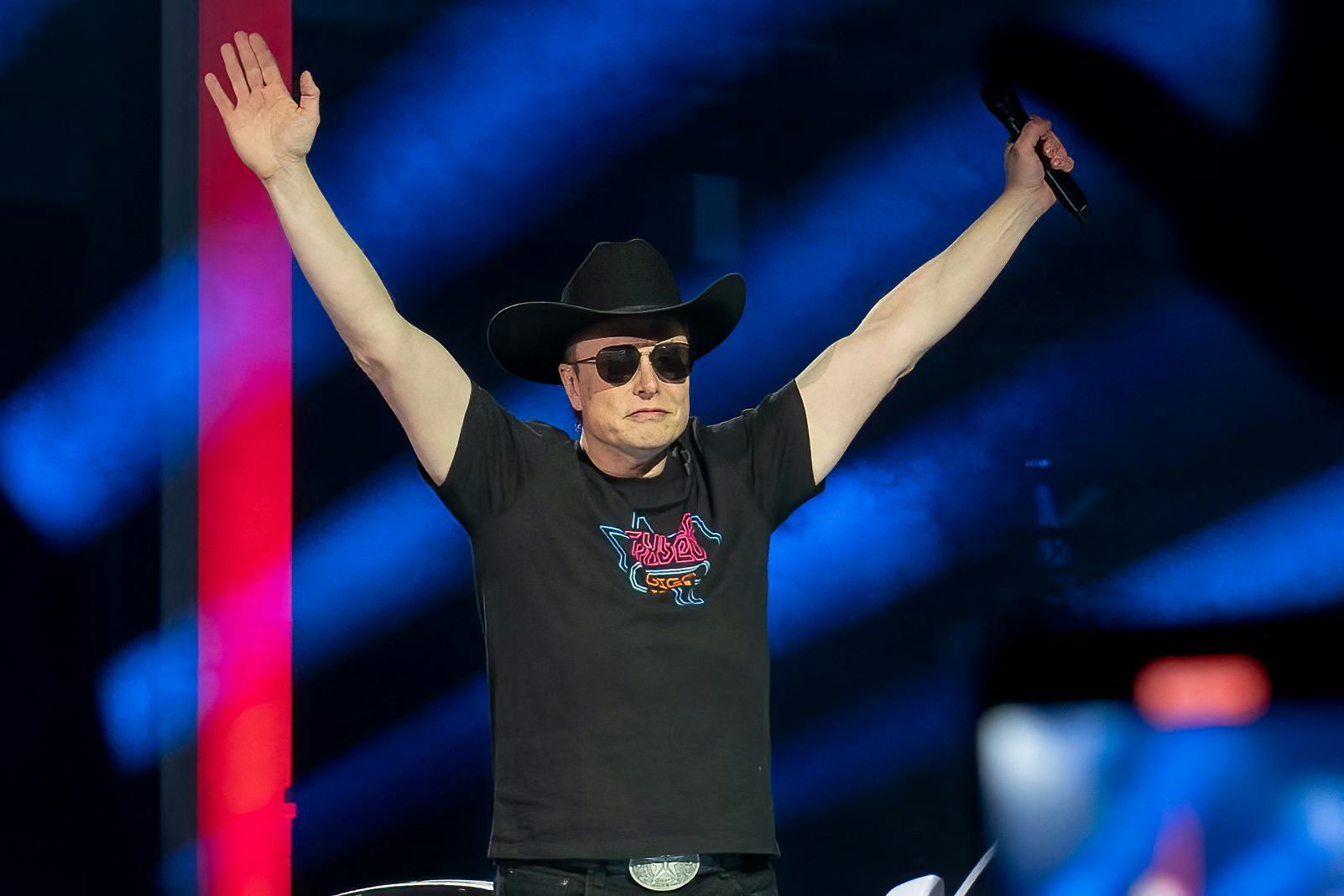
Elon Musk’s wallet is a little lighter. On Monday, April 25, Twitter accepted Musk’s $44 billion buy-out offer and triggered a frenzy of speculation about what it means for the social media company. But aside from wondering how he would manage it all, less was said about the small matter of two of Musk’s other multi-billion dollar companies: Tesla and SpaceX.
So as the lawyers finalize Musk’s transition from troll to Twitter’s (upstanding) proprietor, what does it mean for his cars and the rockets?
Tesla and Twitter: Following the money
The most significant question mark hanging over the Twitter deal is exactly how Musk will pay for it.
On the face of it, $44 billion shouldn’t be a problem for Musk. Forbes’ real-time billionaire list show he is currently worth around $268.2 billion and is the richest person in the world. But billionaires don’t keep their money sitting in a savings account. In Musk’s case, most of his wealth is tied up as stock in his companies.
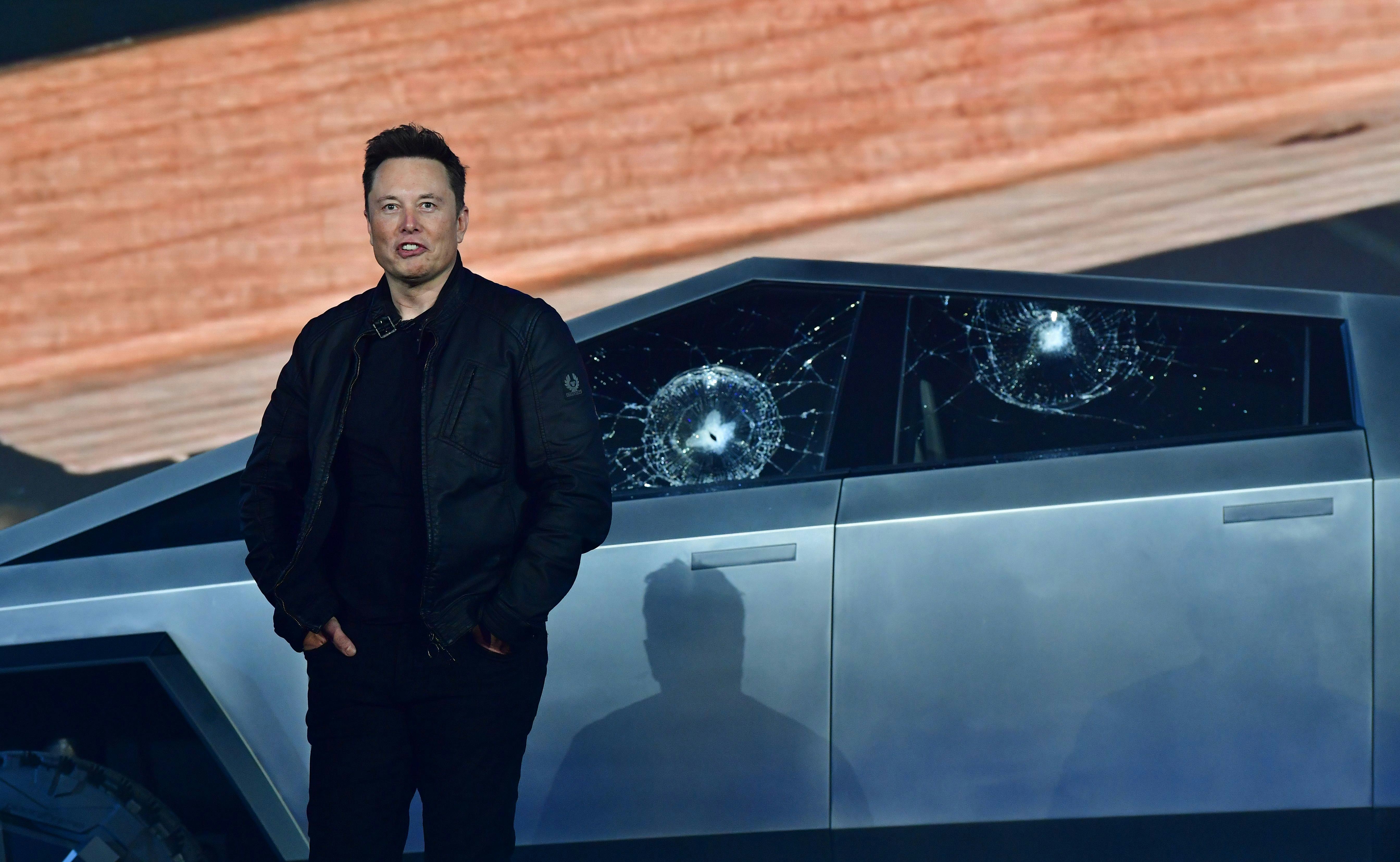
According to Musk’s SEC filing on the financing for his purchase of Twitter, he plans to raise around $25.5 billion of the price through debt financing — loans from banks like Morgan Stanley and Bank of America. SEC filings also reveal that $12.5bn of the loan will be secured against his holdings in Tesla (and the rest against Twitter itself).
In other words, it’s possible that his Tesla stock will be affected by the deal. This is even more likely given that Musk plans to raise cash through equity financing (selling shares).
It isn’t clear exactly what shares Musk intends to sell. As things currently stand, Musk currently owns around 23 percent of Tesla, which means his shares are worth around $200 billion at the time of writing.
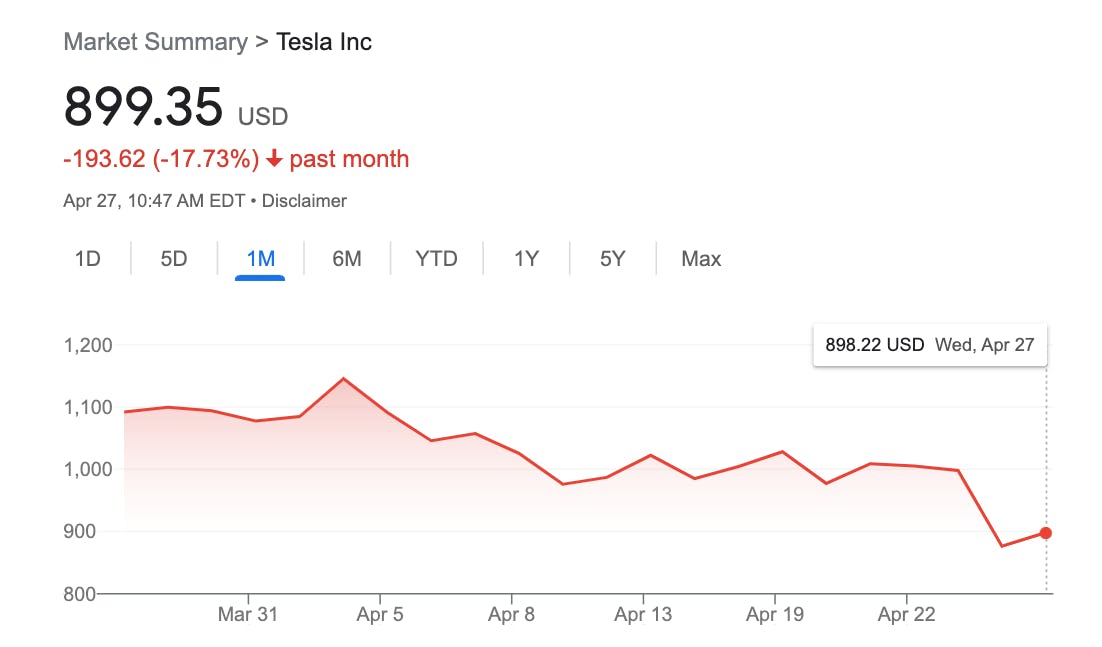
Musk could pay the remaining $20 billion or so by selling around 10 percent of his shares in Tesla, diminishing his control of the company by a couple of percentage points. This would mean Musk’s power to dictate the company's direction may be very (very) slightly reduced.
In any case, the effect on Tesla in the short term is likely to be minimal. Musk is still the CEO and the largest shareholder by some distance (the next largest shareholder is investment firm The Vanguard Group, which owns just over 6 percent of the company).
The more significant consequences of Musk’s financial machinations could be felt by SpaceX.
What Twitter means for SpaceX
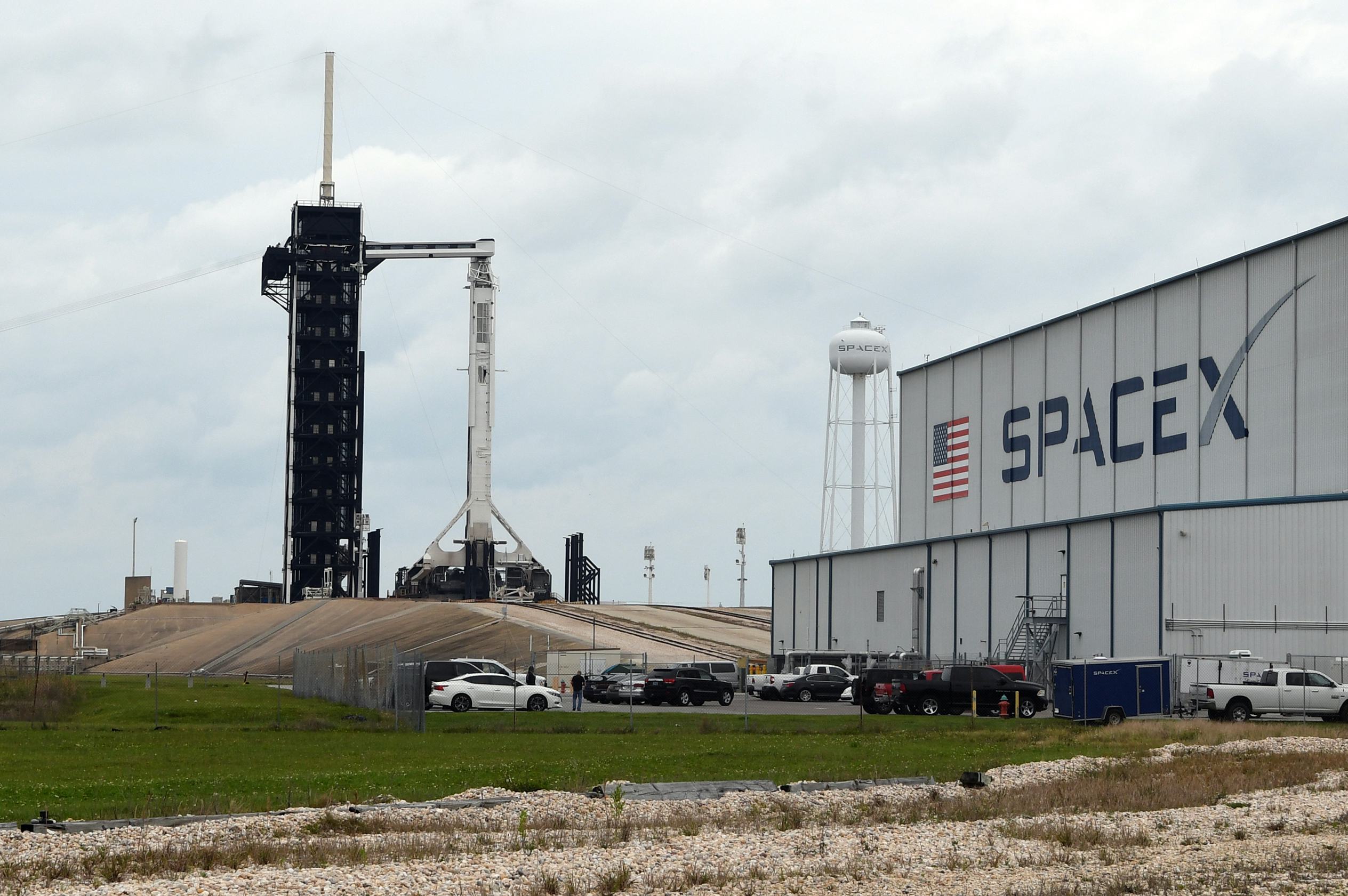
Unlike Tesla, which is publicly traded and profitable (the carmaker banked $3.3 billion profit in the first quarter of this year), SpaceX is not as mature and still functions like a start-up. For example, the company is seeking funding from private investors to finance its highly-experimental Starship project.
Musk’s Twitter deal means the company’s single largest investor (he owns 47.4 percent of SpaceX and 78.3 percent of the votes on its board) has a greater portion of his wealth tied up in other companies.
Whether this will have any material effect on SpaceX’s programs is hard to say at this point. In the short-to-medium term, the company still has a packed schedule and a healthy working relationship with NASA, which pays it vast sums to launch cargo and crew to space.
Just two days after Musk bought Twitter, on Wednesday, April 27, NASA’s Crew-4 mission launched aboard a SpaceX Falcon 9 to the International Space Station. And in March, NASA awarded the company a contract to launch the Crew-7, 8, and 9 missions as well. In 2022, the company is on track to execute some 50 launches — around one a week — serving a mixture of commercial clients and Musk’s own StarLink broadband satellites.
The reality is that SpaceX is not profit-motivated in the same way as Tesla. Musk’s self-proclaimed mission for SpaceX is to get humans to Mars, not sell products. If the company needs another bailout — to pay for the development of a highly experimental Mars rocket, for instance — Musk may face constraints due to his new financial situation.
Ultimately, Twitter may mean less flexibility for SpaceX.
The politics of owning Twitter
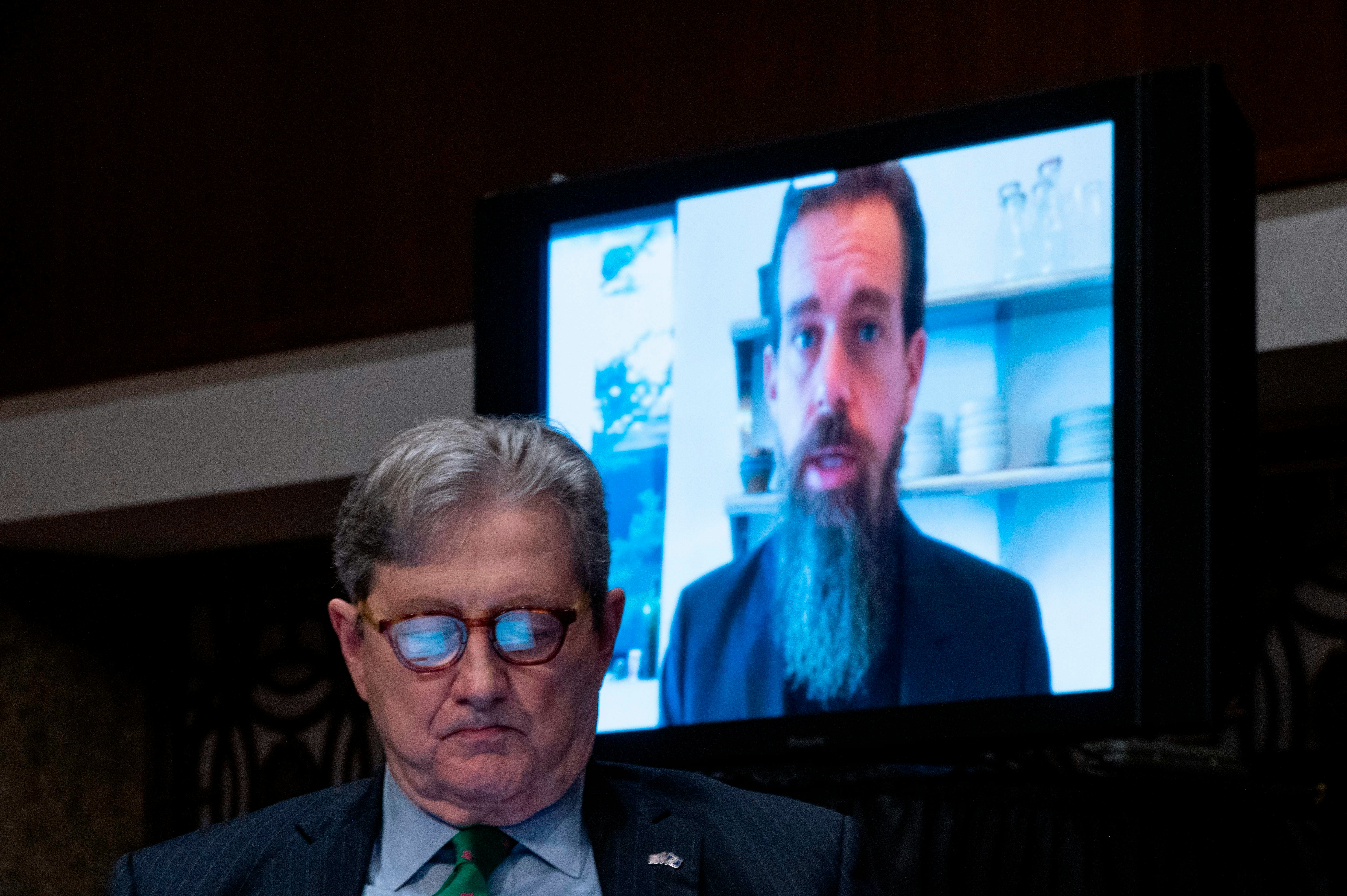
Money isn’t everything. Tesla and SpaceX operate in heavily regulated industries, and both rely on the goodwill of politicians, regulators, and government agencies to realize their future ambitions.
For Tesla to implement self-driving technology, it has to successfully persuade governments to allow the use of such experimental technology. Similarly, each Starship test launch from SpaceX’s base in Boca Chica needs to be signed off by the Federal Aviation Administration.
At the time of writing, SpaceX is waiting for the FAA to decide whether it will authorize future launches from Texas. The company recently threatened to move its Starship operations to the Kennedy Space Centre in Florida if regulators don’t play ball.
For Tesla and SpaceX, like any large businesses in complex industries, nuanced relationships with those in power matter. In turn, Twitter is an enormously influential force in society. Though it is dwarfed by Facebook in terms of the number of users (around 200 million active users vs. Facebook’s almost 3 billion), it has an outsized role in politics and culture.
Even if you don’t use Twitter, what happens on the platform influences what appears in newspapers the next day, how politicians vote, and what culturally powerful people think about the big issues of the day. It can help ferment revolutions.
And, most critically for Tesla and SpaceX, Twitter is the place where everyone working in politics, the media, the creative industries, and technology spends their time online. Any politician with a grievance could conceivably use SpaceX or Tesla as political pawns to influence Musk’s domain over Twitter.
This isn’t just a hypothetical. When former Twitter CEO Jack Dorsey was hauled in front of Congress in 2018, he was questioned by legislators about issues like “shadowbanning” and moderation policy. Other big tech CEOs received similar treatment in 2020, with politicians alleging, for example, that Google’s search algorithm was penalizing them.
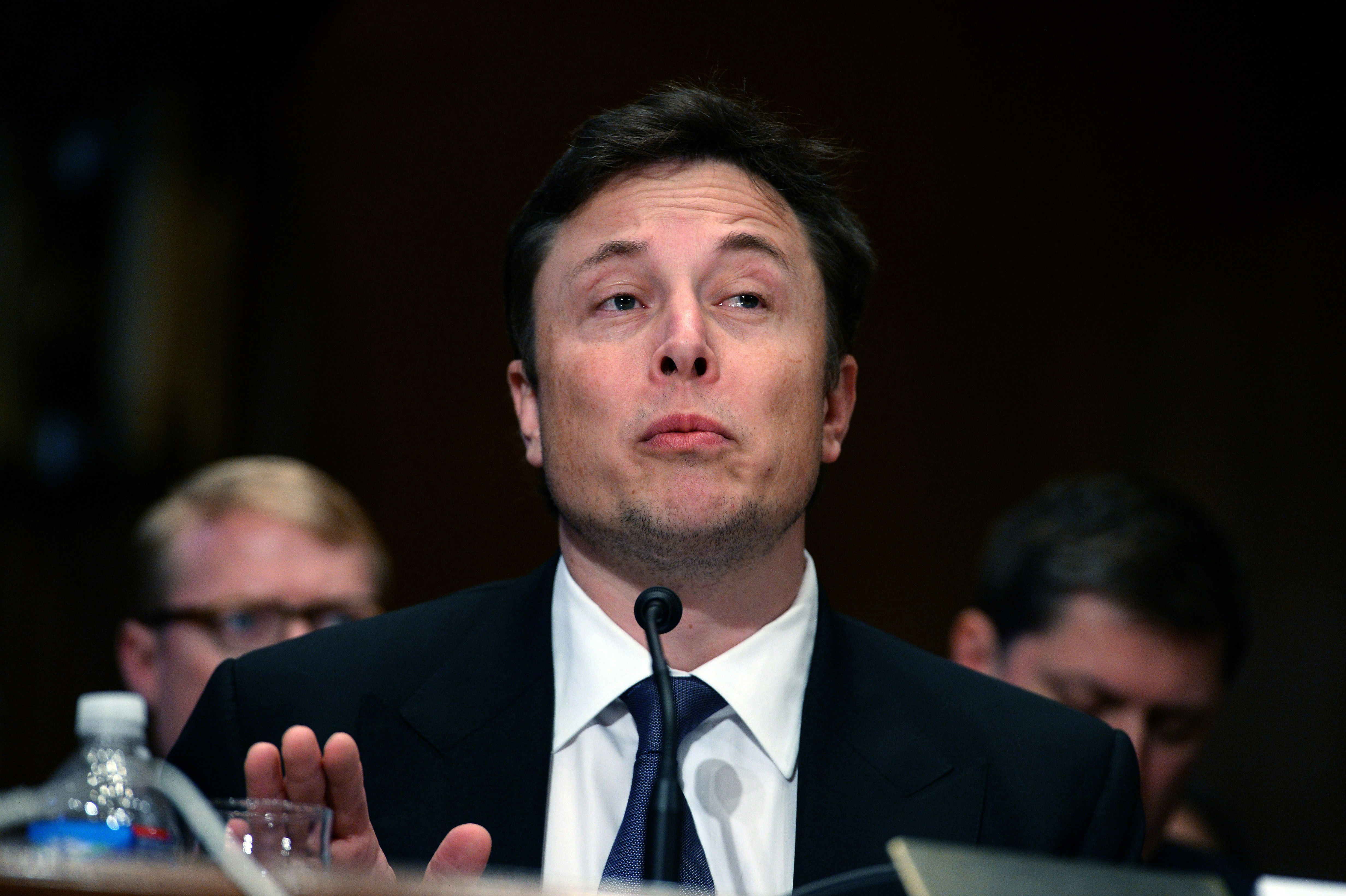
These sorts of grievances materially affect business operations. For example, the Trump Administration allegedly awarded a cloud computing contract to Microsoft instead of Amazon because then-President Trump was unhappy with reporting in the Washington Post, which is owned by Amazon CEO Jeff Bezos. Similarly, in recent weeks, the Governor of Florida has revoked Disney’s special tax status in the state because of an unrelated dispute over the company’s LGBTQ+ policies.
It’s easy to imagine a situation where a controversial decision by Musk on Twitter could inadvertently lead to delayed rocket launches, or Tesla being hit by new regulations.
This dynamic is perhaps even more pertinent in China, now Tesla’s second-largest market. Could the Chinese government threaten access to its market to coerce Musk into making decisions about China-hostile content on Twitter?
China has, of course, banned the platform, but the administration is also willing to use its leverage to influence overseas businesses, as demonstrated by the controversy of the NBA and, er, John Cena.
Time will tell exactly how SpaceX or Tesla will be transformed by Musk’s new plaything. But it seems clear that Twitter’s acquisition could make life more complicated for the two companies. Here’s hoping that Musk doesn’t end up giving them the bird.







